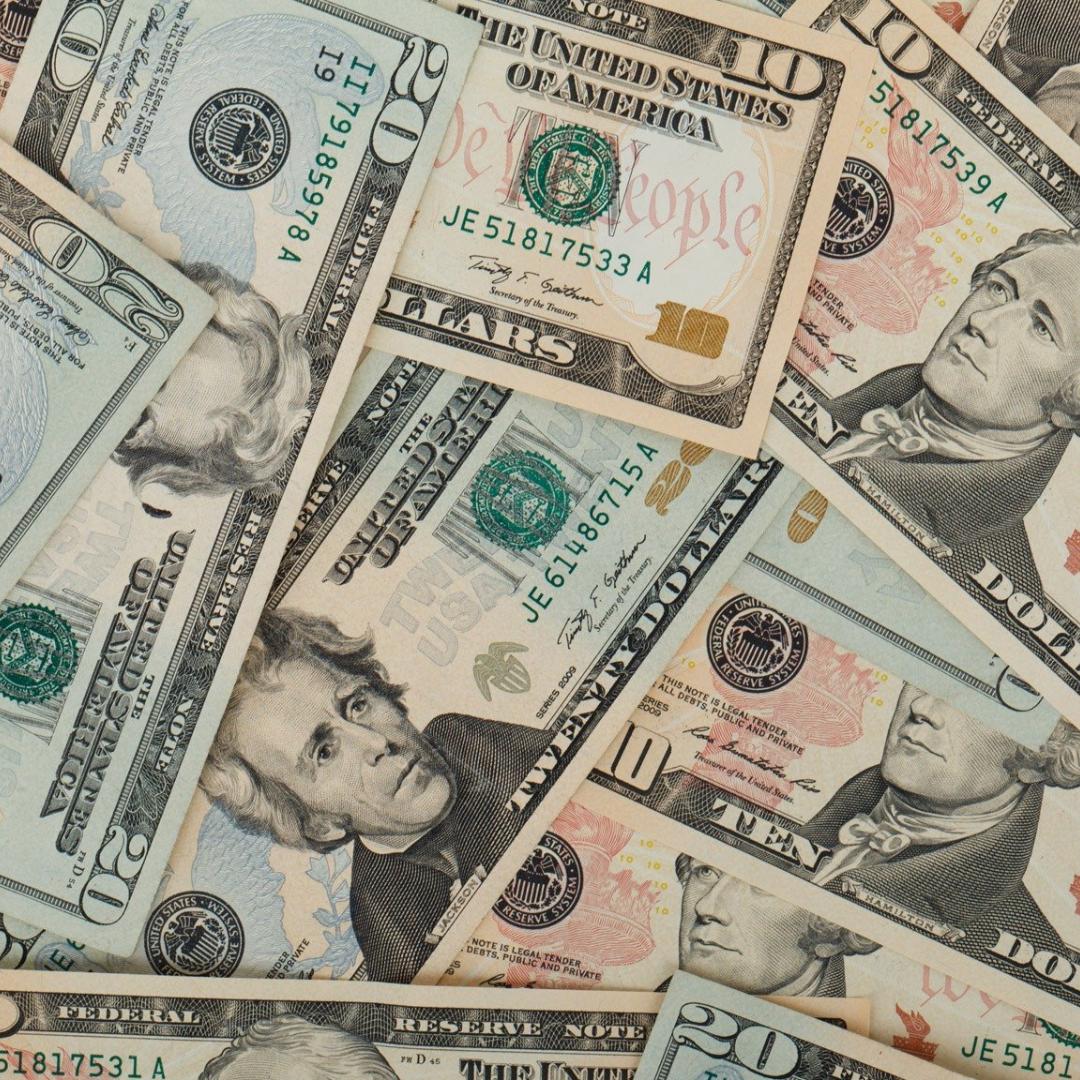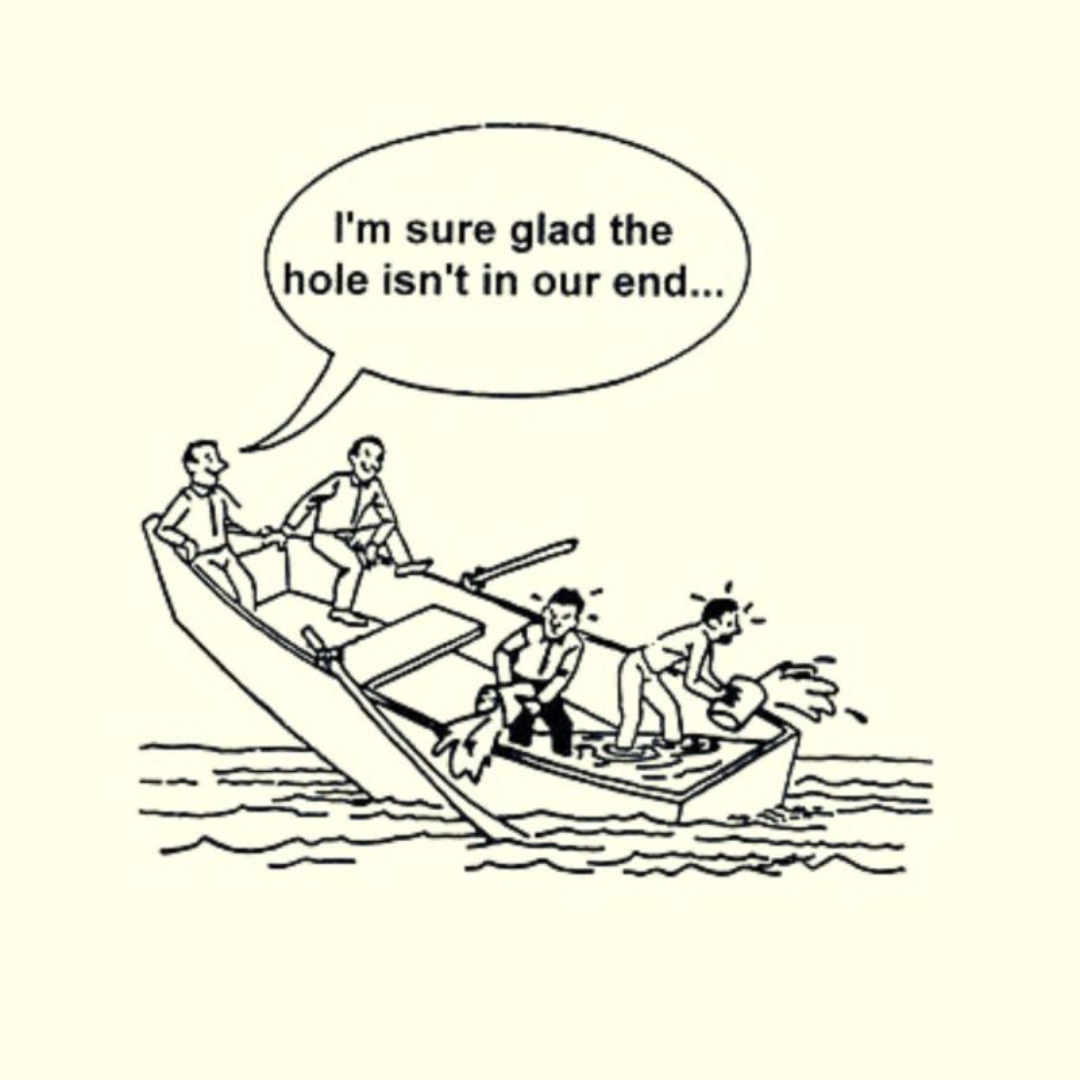
Modern Day Robber Barons
~7 min read
There is an old adage, “Everybody complains about the weather, but nobody does anything about it.” The joke, of course, is that nobody can change the weather. But in the current day this is not as true as it used to be. Clouds can be seeded to cause rain. Smudge pots can help prevent crops from freezing when the nights turn cold. Climate Change can be influenced by reducing Greenhouse Gas emissions. There are some things that can be done about the weather beyond complaining.
Everybody complains about the high cost of gasoline, but what can we do? The price of gasoline is set by a small number of large, international companies. In a free-market system, market forces are supposed to set prices. But do they?
Robber barons in the modern world
When I looked up robber barons in Google, I expected to find information on medieval nobles laying siege to parts of the Rhine River and exacting illegal fees for the use of the river or surrounding lands. Instead, I found information on powerful businessmen in the 19th and 20th centuries, people like Morgan, Rockefeller or Vanderbilt. Their power was immense and not always scrupulous.
The original robber barons were eventually controlled by leagues formed with the intent of fighting back. In Germany in the 1200s, the Rhine League formed with 100 city members. They surrounded the castles of the robber barons and destroyed them. A direct solution to be sure, but not practical in the current day.
The only way to control more recent robber barons is by government intervention and antitrust laws. Monopolies are antithetical to a free market, so something must be done to free the market from the control of modern robber barons. Who are these modern actors too large to compete? It’s names we hear in the news all the time: Bezos, Gates, Musk and Zuckerberg, to name the largest.
In the case of gasoline prices, it’s the major oil companies who set the prices.
In my town, the price of gasoline has varied a lot recently. Currently the price of a litre of gasoline is less than $1.35. Just a few months ago the price was over $1.70 per litre. But nothing has changed. What caused this 35₵ change in price? It was the oil companies.
There is a lot of talk now that the carbon tax is driving up the cost of gasoline.
Carbon tax and climate change
At present, the carbon tax on petroleum adds about 17₵ to the cost of a litre of gas, less than the fluctuation in price caused by the whim of the oil companies. And yet, no one is up in arms over the 35₵ price fluctuation. The Canadian parliament is struggling over the 17₵ for the gas tax. No one in parliament is banging their shoe on the desk to draw attention to the excessive profits the oil companies are taking (the 35₵). And of the 17₵ carbon tax, most is returned to the customer as a government rebate. The carbon tax is designed to reduce consumption, an attempt to offset Climate Change. It is a necessary but not sufficient step towards controlling Climate Change. There is a larger issue being addressed by the carbon tax. The goal is to remind people to think twice about taking that unnecessary trip in the car. In the end, with rebates, the tax doesn’t make gasoline that much more expensive.
In the news, there is little talk about trying to reduce the overall price of gasoline. There is, however, lots of talk about the carbon tax. The contribution of the carbon tax to the cost of gasoline is minimal, small compared to the overall price. But clearly other forces are having dramatic effects on gas prices, specifically corporate price adjustments.
Have the modern robber barons found a way to redirect our attention from what they are doing to the price of gasoline by focusing on the carbon tax? If so, they might be getting away with crime out in the open.
What problem are we trying to solve?
The carbon tax is an important part of the plan to reduce oil consumption, but it can only be a part of the response. There must be more. When people say “Axe the Tax” but don’t offer a viable alternative, they are not trying to solve the Greenhouse Gas problem. They are demonstrating that they don’t understand Climate Change and have no interest in solving the problem.
By all means, fix the problem of high gas prices. There is a component of gas price that is outside of normal market forces. But don’t use artificially high gas prices to justify inaction on reducing Greenhouse Gas releases. These are two very different problems and they both must be solved.
To solve the Greenhouse Gas problem, vote for politicians that understand Climate Change and have the desire to fix the problem. To solve the high price of gasoline, enforce antitrust laws and boost competition in the marketplace. Don’t confuse these two. There was a recent bread-price scandal in which local supermarkets colluded in raising the price of bread. They got caught and had to pay back money to consumers. Don’t imagine it doesn’t happen. There are robber barons in the modern world, and we must be vigilant.


